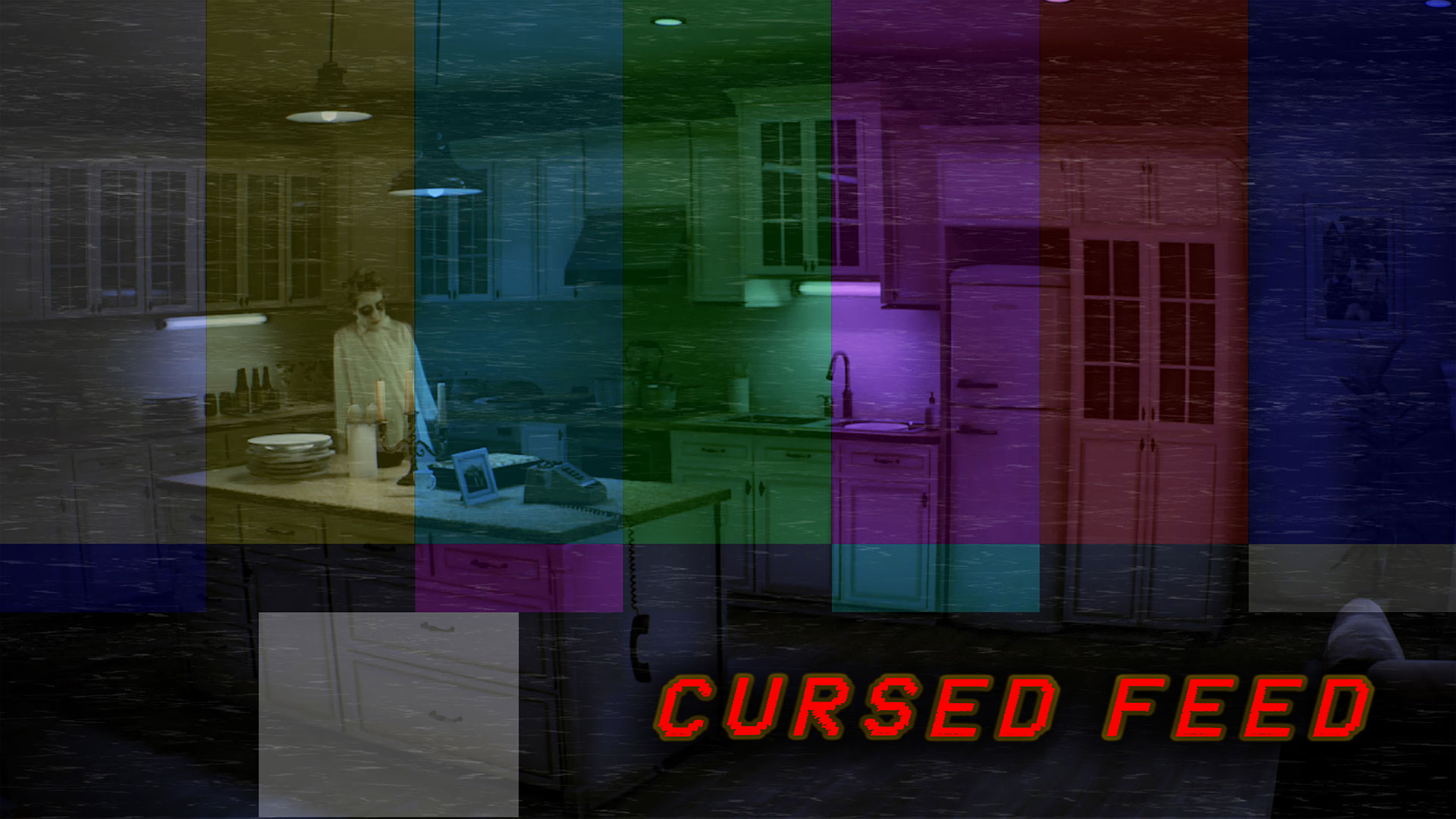In developing Cursed Feed, our new horror game about a paranormal investigator pursuing a mysterious family murder, I encountered an unexpected question: Why was I so concerned about establishing the protagonist’s occupation? This led me down a rabbit hole of reflection about the changing nature of video game narratives and player expectations.
Today’s gaming landscape reveals a fascinating shift: young players are increasingly drawn to simulation games that recreate everyday experiences. Games that depict “profession simulators” consistently top charts, while classical storytelling approaches fight for attention.
I’m baffled with one Steam review about a “supermarket game simulator” where you play as cashier. The reviewer says “I work as a cashier at a supermarket and then as if it is not enough, I come home in the evening to play this game.”
Immersion vs. Escapism
What happened to the “escapism” factor of video games?
Did anyone care that Gregor Samsa was a traveling salesman in Kafka’s “Metamorphosis”? His occupation was incidental to theme of alienation and human nature. Similarly, Meursault’s clerical job in Albert Camus’s novel “The Stranger” served merely as background to the existential themes at play. Yet in contemporary gaming, a character’s profession is crucial for player engagement.
The irony isn’t lost on me. If we were to adapt “Waiting for Godot” as a video game today, would we need to market it as “Professional Wait Simulator 2024” to capture attention?
Becket never needed to explain Godot’s occupation – though it’s fascinating to note he was inspired by a bus driver Beckett would wait for each morning. Today, paradoxically, a straightforward bus driving simulator game might find more commercial success than a game exploring Beckett’s existential themes.
Life Outside the Screen
This shift reflects broader cultural changes, particularly among “Gen-Z”, if I may use the term…
There’s a growing appetite for experiencing life’s various facets from the safety of one’s screen. The popularity of job-focused games might speak to a generation seeking to explore different lives and careers in a low-stakes environment. It’s why games featuring mortuary assistants, paranormal investigators, and various professional roles resonate so strongly with modern audiences.
In Cursed Feed, we consciously positioned our protagonist as a paranormal investigator, not just someone who stumbles upon supernatural events. This decision wasn’t purely artistic – it was a recognition that today’s players often connect with games through the lens of profession and purpose. The occupation makes the extraordinary elements more relatable through the framework of a job.
Does this trend signal the slow demise of classical narrative approaches in gaming? Not necessarily. Rather, it suggests an evolution in storytelling and experience. While simulation games fulfill a desire for structured, occupation-based experiences, they also reveal something profound about modern storytelling: the everyday has become extraordinary.
The challenge for narrative designers is to bridge the gap between simulation and narrative. Perhaps the next breakthrough in gaming narratives will come from understanding why players find such comfort and engagement in the mundane, and how we can use that understanding to tell deeper stories.
Literary Heroes Resumes
If Kafka were writing for today’s gaming audience, would “Metamorphosis” be marketed as “Traveling Salesman Life Simulator (with Unexpected Twist)”? The thought is both amusing and sobering. Yet it points to an essential truth: while the vehicles for storytelling may change, the fundamental human experiences we seek remain constant. The task before us is to embrace this evolution , finding ways to weave meaningful narratives through the framework of simulation that today’s players find so compelling.
As we continue to develop and refine Cursed Feed, these considerations shape our approach to storytelling. The challenge is to tell a horror story that resonates with a generation that finds profound meaning in the simulation of everyday life.
At first glance, Cursed Feed might appear to be another profession-based horror experience – your role is a paranormal investigator using modern ghost-hunting tools to investigate supernatural phenomena . But beneath this familiar framework lies something more fundamental: a haunting family tragedy that explores the weight of inheritance, the bonds of blood, and the curses that echo through generations. While players might come for the ghost-hunting mechanics, they’ll stay for the deeply human story of life, death, and the shadows that family legacies can cast across time.
In this way, perhaps we’ve found a middle ground – using the familiar structure of professional simulation as a gateway to deeper, more traditional narrative themes. After all, the best stories, whether told through literature or games, ultimately lead us back to the core of human experience, regardless of the path they take to get there. Cursed Feed is available today on Xbox.
Cursed Feed
Playstige Interactive
$5.99
$4.79
In first-person horror game “Cursed Feed,” players embark on a chilling journey with the Thornvale family as they confront a malevolent force unleashed by their own patriarch’s archaeological discoveries.
Richard Thornvale, a renowned archaeologist, returns from a harrowing expedition in the Middle East with cryptic artifacts in tow, he unwittingly invites an ancient curse into their tranquil home. Soon, inexplicable phenomena plague the household, and Emily, their young daughter, becomes the focal point of the sinister presence.
With each passing night, the family is tormented by terrifying apparitions and escalating paranormal activity, leading them to unravel dark secrets buried within the walls of their own home.
As they delve deeper into the mystery, they must confront their own fears and uncover the truth behind the curse before it consumes them all. Will they break free from the grip of the past, or will they become mere echoes in the haunted halls of their own history?
*As a paranormal investigator, Thornval residence is at your disposal. Place your camera recording equipment at strategic locations around the deserted house.
*Use your camera set-up at the back of your van to monitor camera feeds, observe and investigate any ghostly happenings.
*Use your spirit box to unearth the horrifying mysteries in the cryptic dungeons beneath the Thornval residence.

